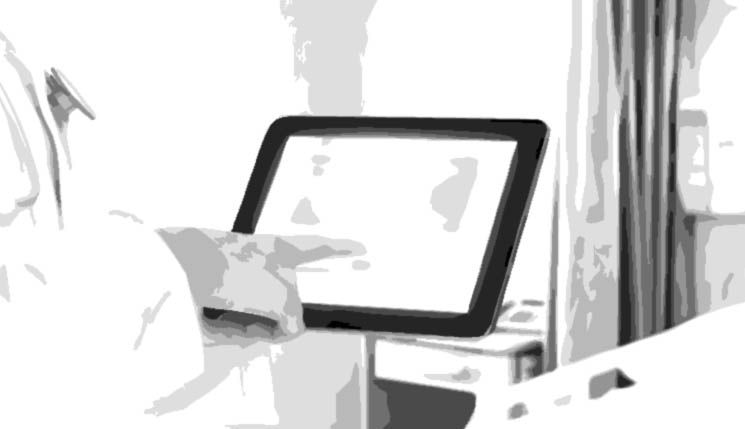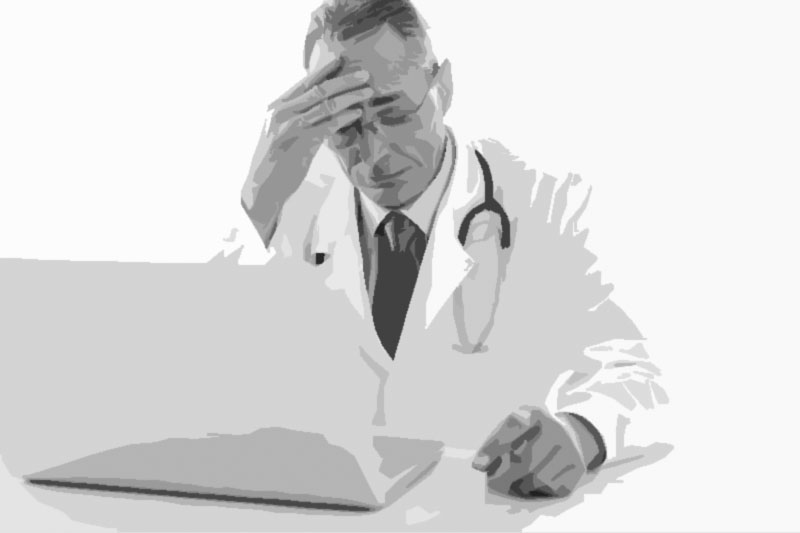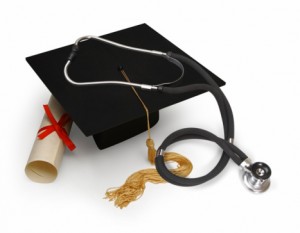
by medicaltechont | Mar 24, 2018 | Healthcare, OHIP Billing
Ontario’s Ministry of Health is doing little to crack down on doctors who improperly bill OHIP, according to information obtained by CBC/Radio-Canada.
A freedom of information request shows the province has recovered only $1.1 million in illegitimate billings over the past two years, while the auditor general pointed in her 2016 report to some $6 million in fees improperly paid to doctors.
“This is a complete waste of taxpayers’ money, taxpayers’ money that was supposed to go to health,” said NDP health critic France Gélinas in an interview with CBC News.
Read more at http://www.cbc.ca/news/canada/toronto/ohip-fraud-doctors-overbilling-ontario-1.4587901

by medicaltechont | Mar 3, 2018 | Healthcare
As the world changes in all spheres, medicine has also experienced a great revolution, especially in its use of technology. Amazing technologies have been birthed in the last three years while also revolutionizing simplified patient care.
These are the new innovations in medical technology that have set a new pace and direction for the practice of medicine.
Read more at http://www.medicaltourismmag.com/breakthroughs-medical-technology/

by medicaltechont | Feb 3, 2018 | Healthcare, Technology
Diagnosing with “The Stethoscope of the 21st Century”
A new kind of doctor has entered the exam room, but doesn’t have a name. In fact, these doctors don’t even have faces. Artificial intelligence has made its way into hospitals around the world. Those wary of a robot takeover have nothing to fear; the introduction of AI into health care is not necessarily about pitting human minds against machines. AI is in the exam room to expand, sharpen, and at times ease the mind of the physician so that doctors are able to do the same for their patients.
Read more at https://futurism.com/ai-medicine-doctor/

by medicaltechont | Nov 26, 2017 | Healthcare
Picture someone who works in tech. They might fit a stereotype: heavy-rimmed glasses, hoodie, T-shirt branded with a startup’s logo, male. You probably don’t imagine a nurse.
Yet integrated electronic health records, wearables, health-monitoring apps, artificial intelligence, 3D printers and telemedicine are just some of the technologies that have entered the clinical environment.
Robots are already operating in some hospitals across Canada. The nurses of the future could be the next app developers, data analysts, coders and artificial intelligence experts.
Read more at https://www.utoronto.ca/news/why-nurses-future-need-embrace-high-tech

by medicaltechont | Nov 25, 2017 | Doctors, Healthcare, Technology
Young doctors are feeling burnt-out, and this affects their ability to empathise with patients, a local study has found.
Researchers surveyed nearly 500 medical residents across 34 specialities in three public hospitals, eight in 10 of whom said they felt emotionally exhausted, lacking in personal accomplishment, or some degree of depersonalisation. These are generally considered to be the three components of burnout.
On top of that, researchers found that medical residents – who are training to be specialists – in Singapore are more burnt-out than their counterparts in the United States, and have lower levels of empathy.

by medicaltechont | Jun 24, 2017 | Doctors, Education, Healthcare
“Each year, a growing number of students do not get matched, putting the hundreds of thousands of dollars that provincial governments invest in educating and training future doctors at risk.”
After he was passed over twice for a medical residency program, after he quizzed university officials and career counsellors about the reasons for his rejection, after exploring his legal options and shortly before ending his life, Robert Chu wrote a letter.
It was precise, but penned with passion. It showed the persistence the 25-year-old medical school graduate had demonstrated throughout his accomplished life.
But he also expressed his despair at what he believed is a flawed system used to match medical school graduates to residency programs — the final, obligatory stage in a doctor’s training.
Read more at https://www.thestar.com/news/canada/2017/06/17/tragic-case-of-robert-chu-shows-plight-of-canadian-medical-school-grads.html







